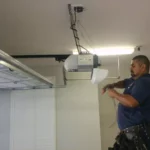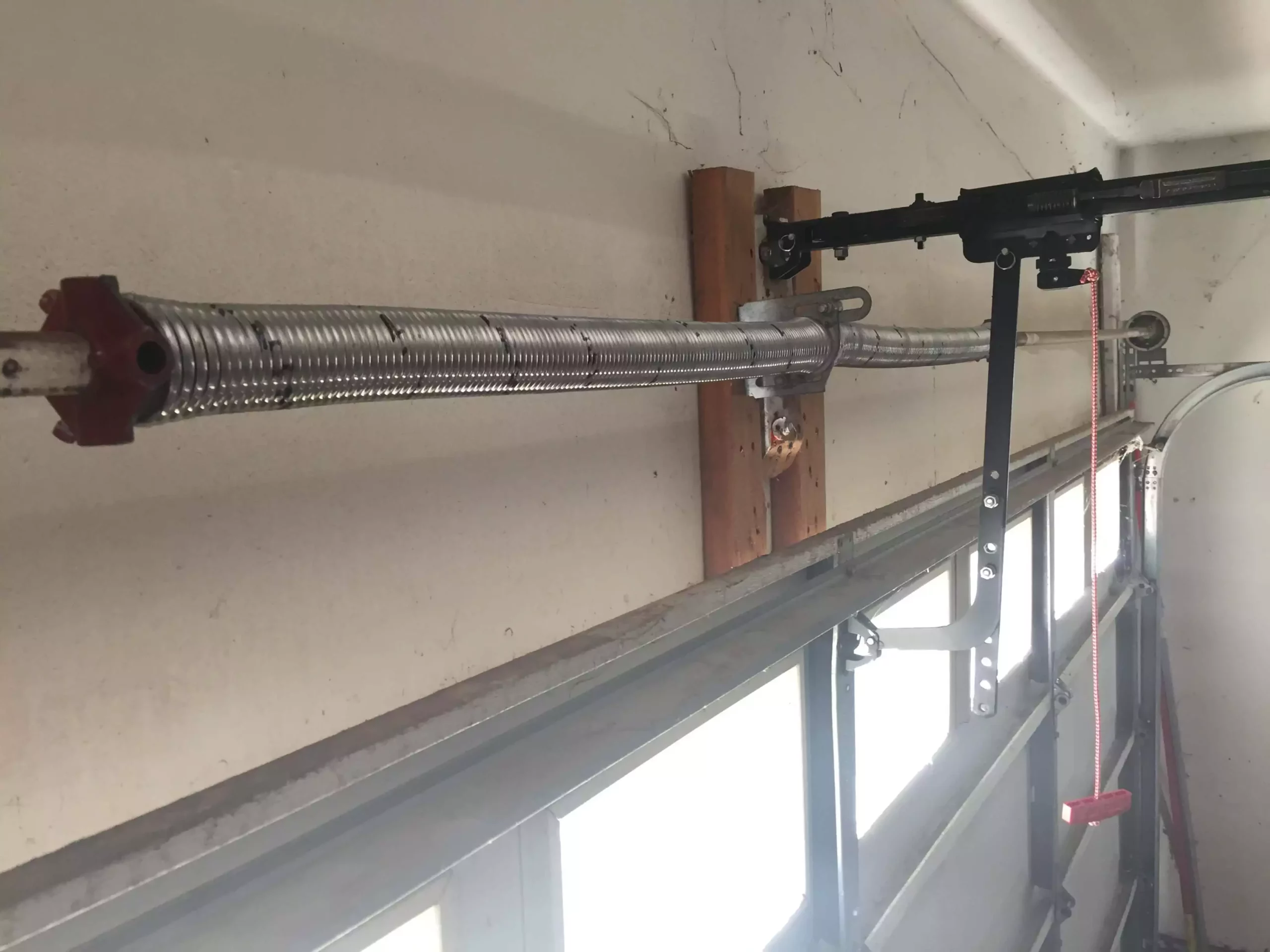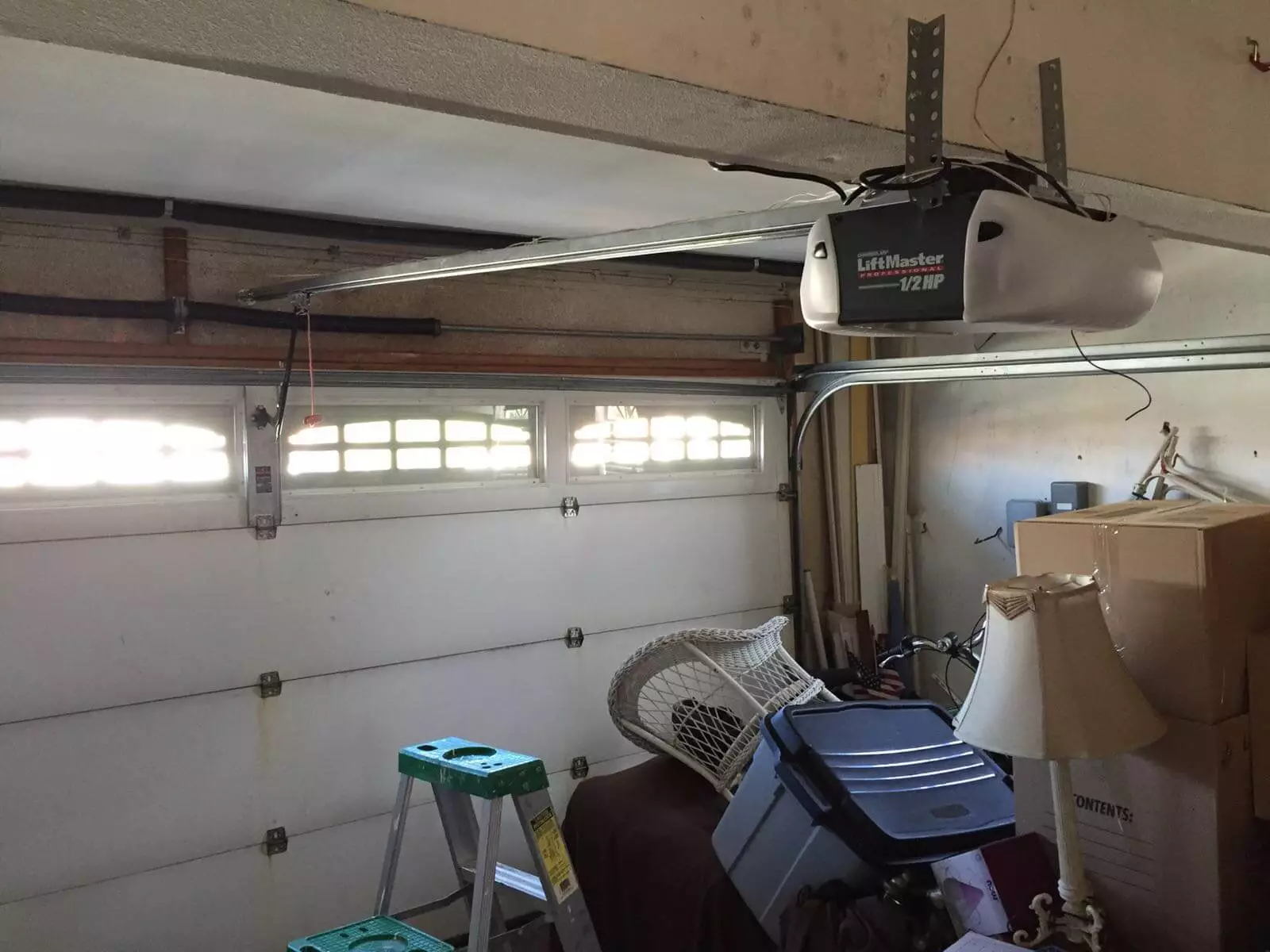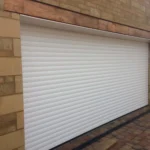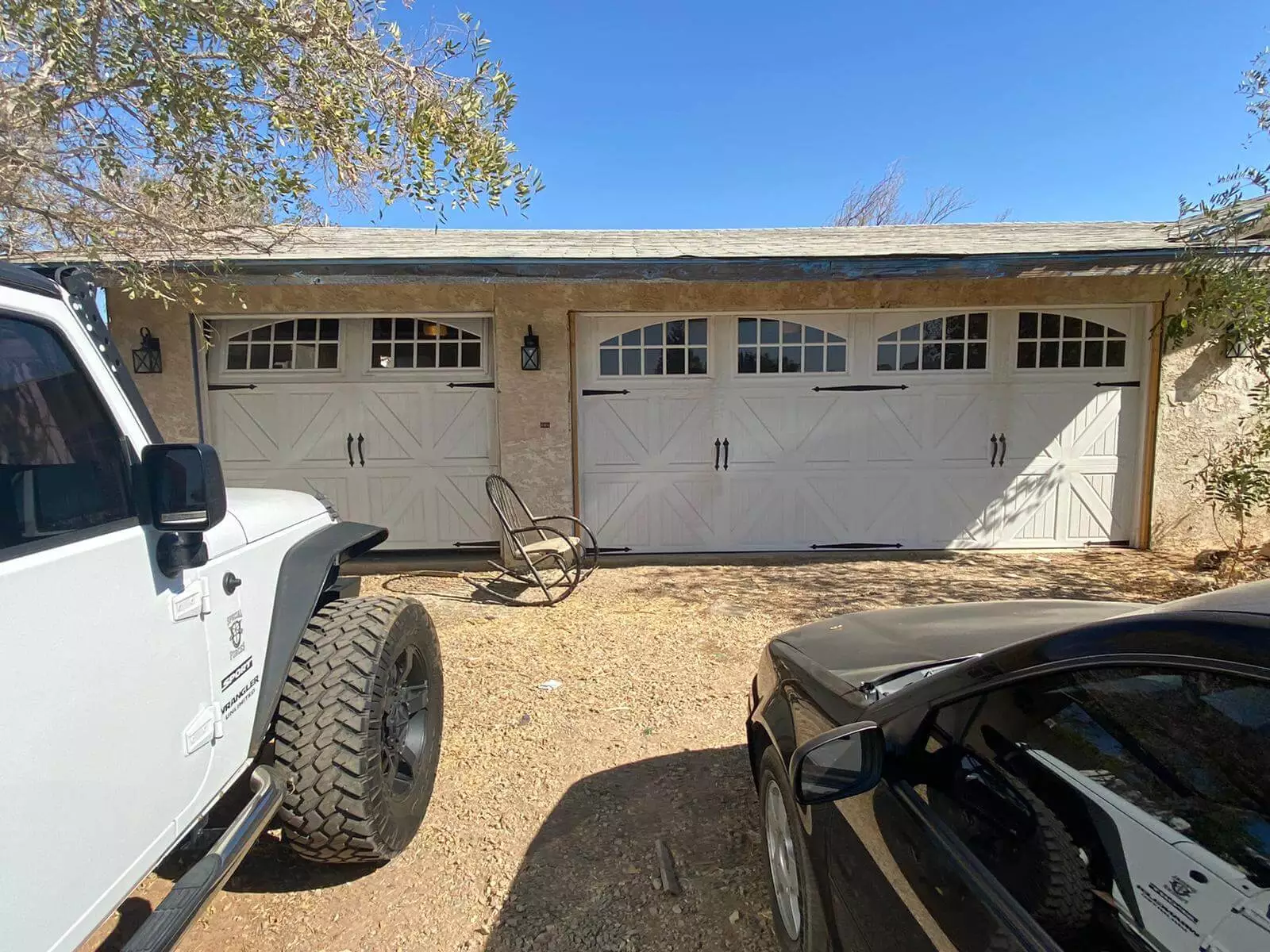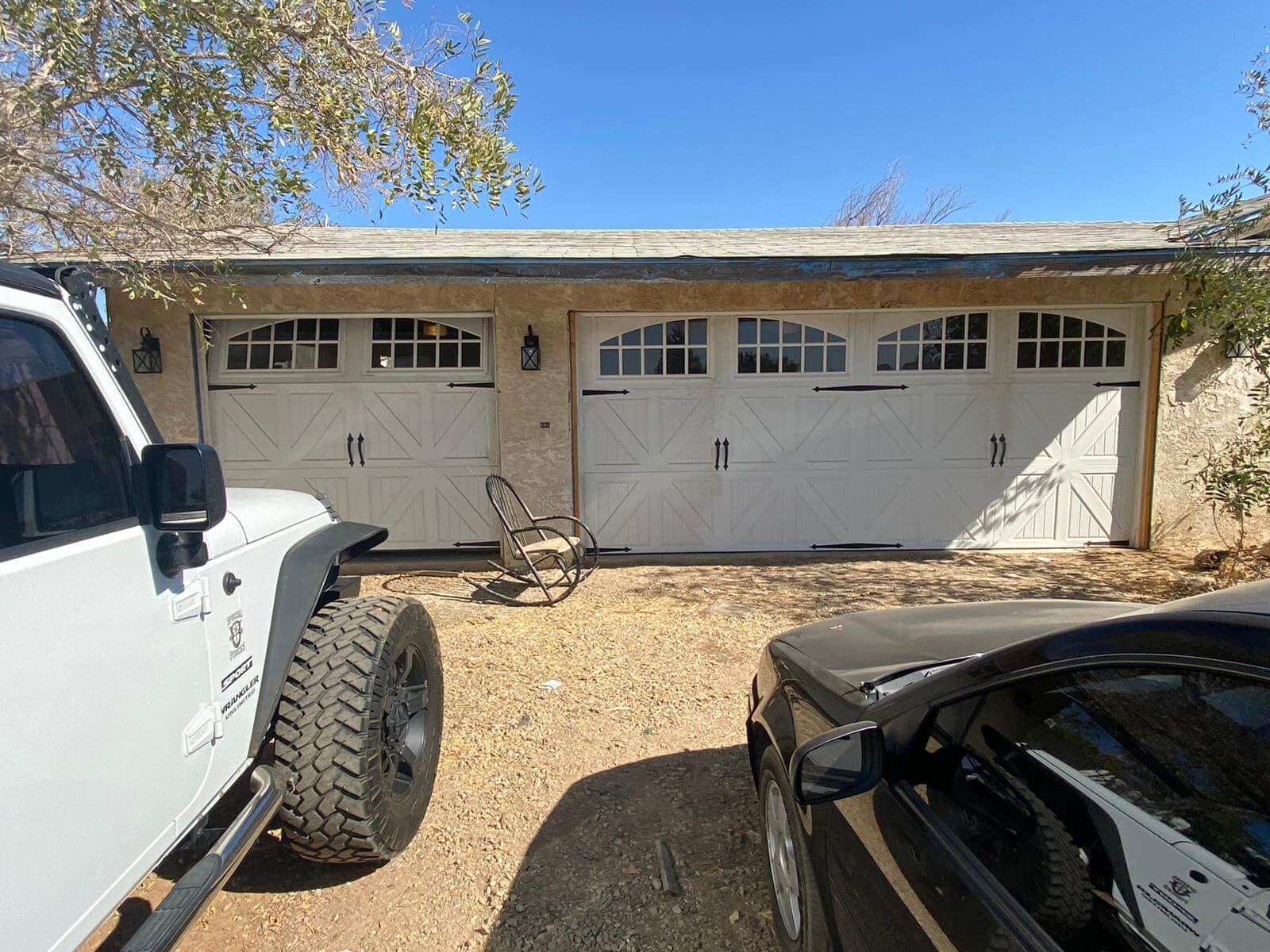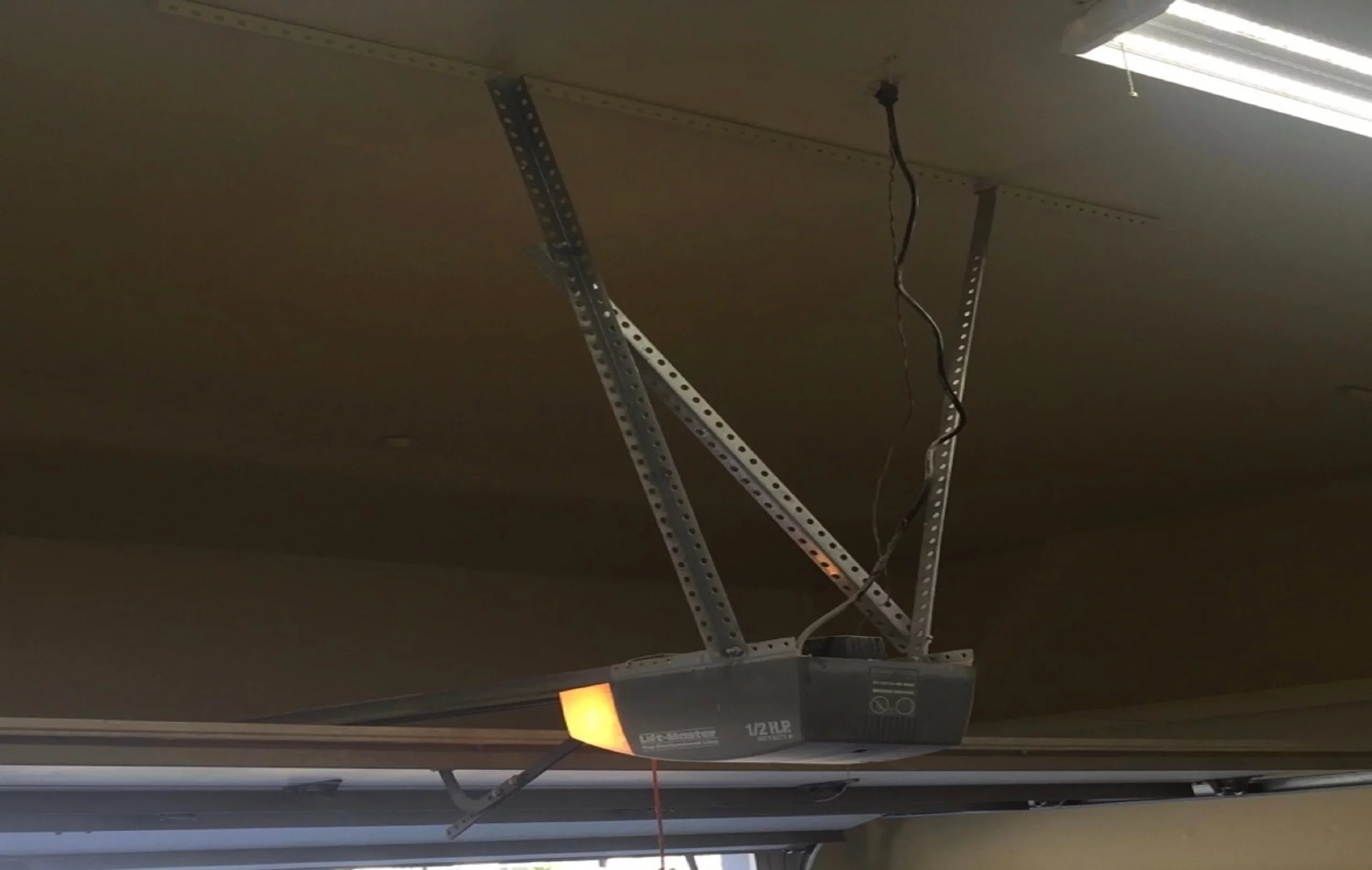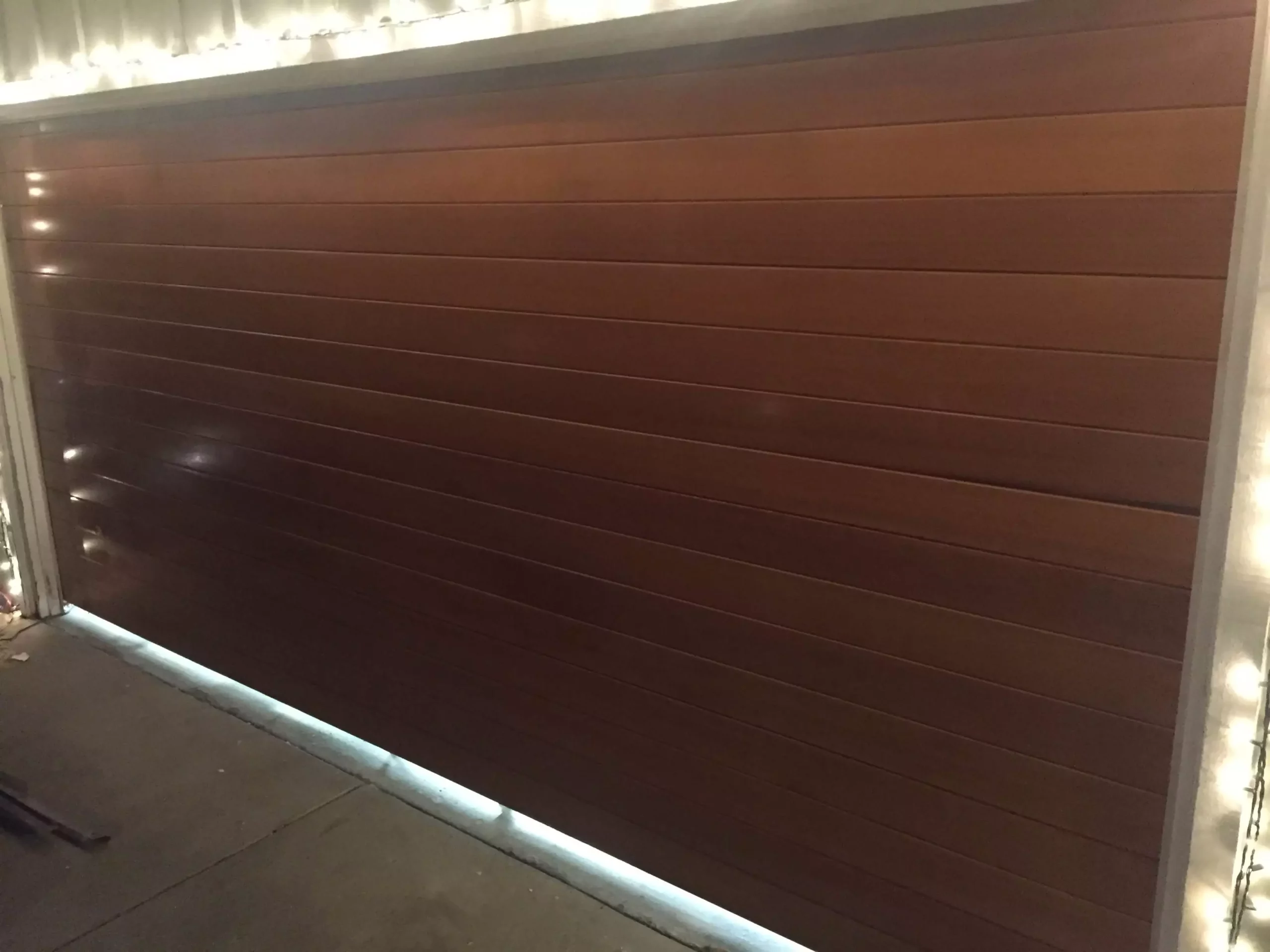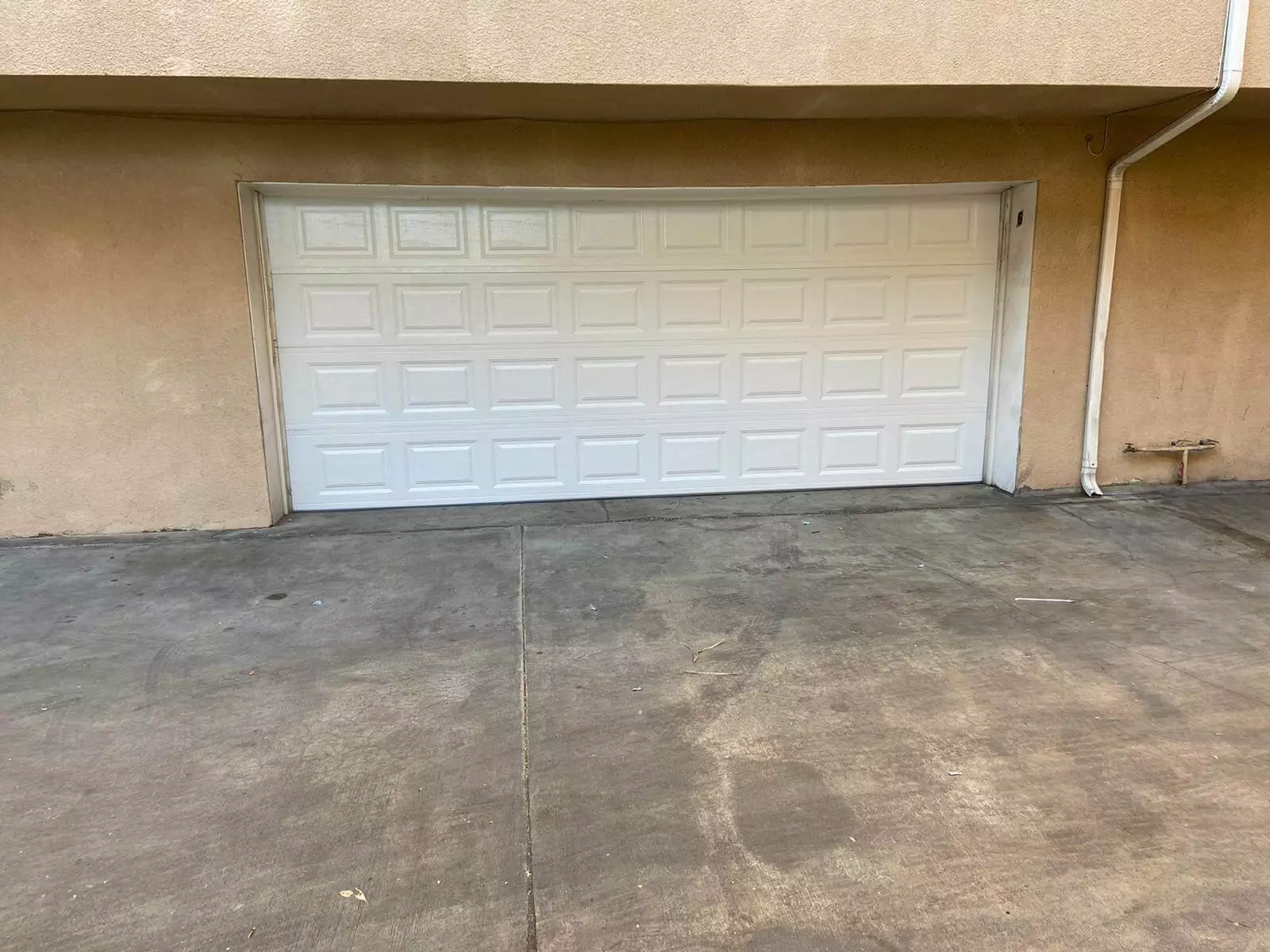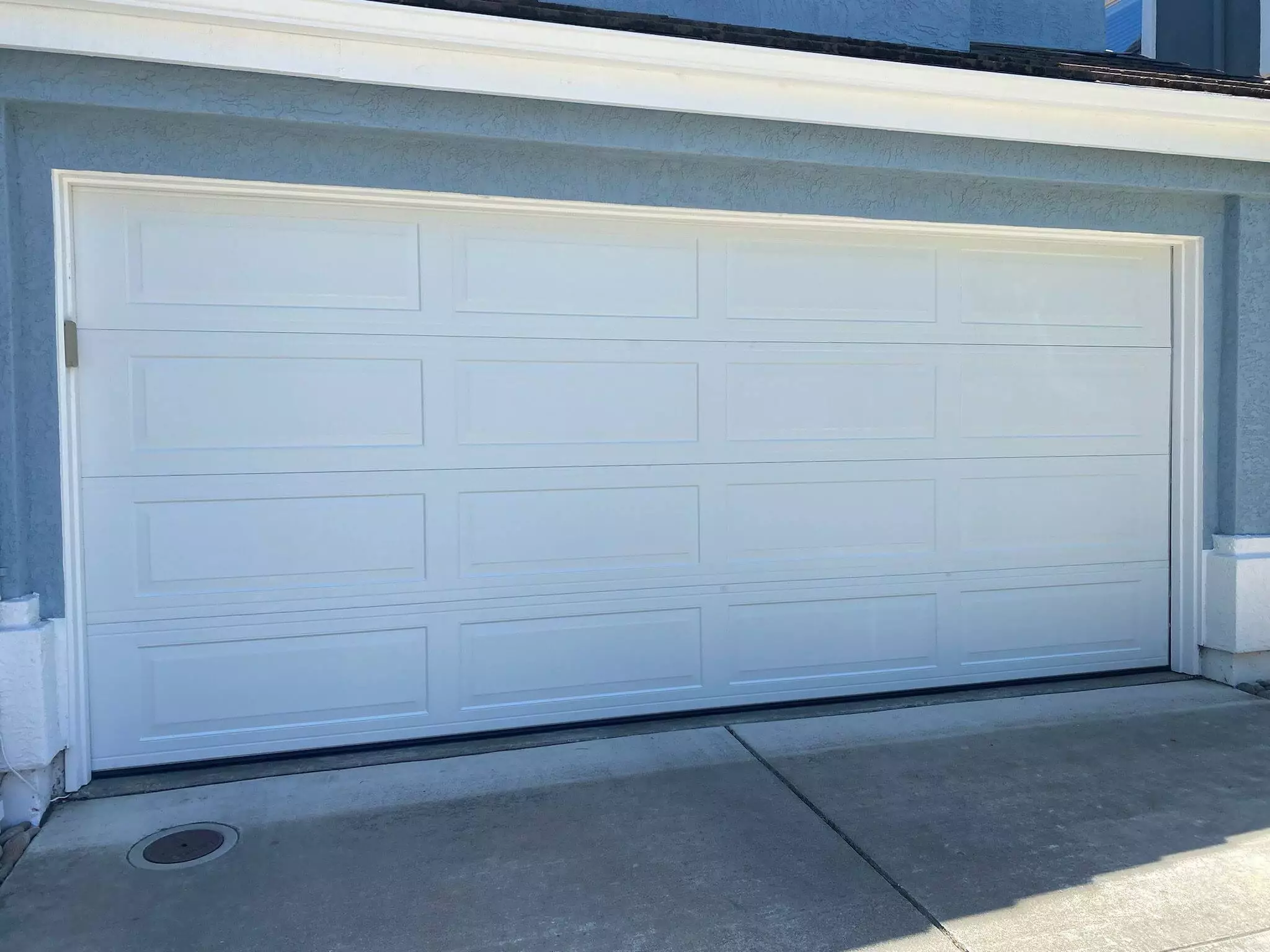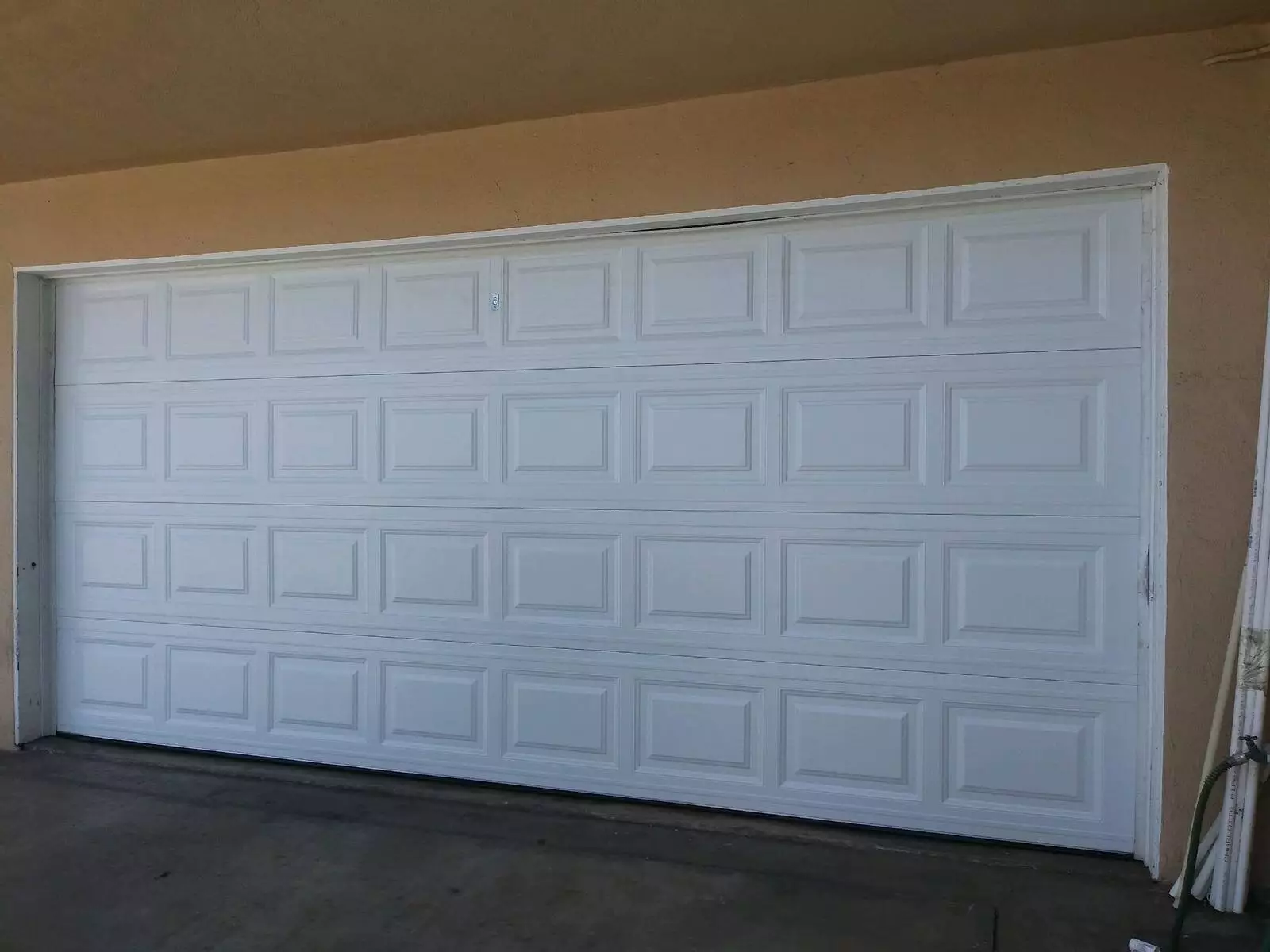
When to Replace an Old Garage Door – Signs It’s Time for an Energy Efficient Upgrade
Your garage door is a crucial component of your home’s exterior, serving as a protective barrier and a significant element of your curb appeal. However, like any other part of your house, garage doors have a finite lifespan and eventually need to be replaced. If you’re unsure whether it’s time to replace your old garage door, here are some telltale signs that indicate it’s time for an energy-efficient upgrade.
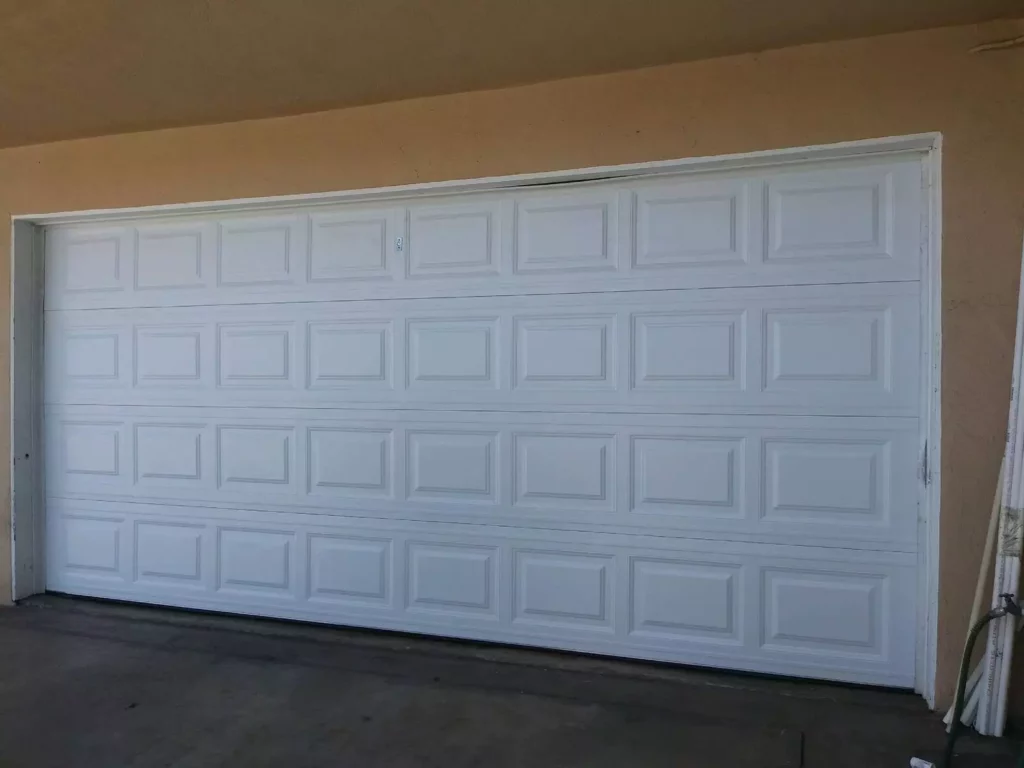
Content
Visible Damage and Wear and Tear
One of the most obvious signs that your garage door needs replacement is visible damage. This could include dents, cracks, or warping in the door panels, rust on the hardware, or frayed weatherstripping. If the damage is extensive, repairs may not be cost-effective, and replacement is the more prudent option.
Noise and Performance Issues
A properly functioning garage door should operate smoothly and quietly. If your door is making loud noises, such as squeaking, grinding, or rattling, it could be a sign of worn bearings, damaged springs, or a misaligned opener. These issues can not only be annoying but also pose safety hazards.
Energy Inefficiency and Drafts
Older garage doors may not be adequately insulated, leading to energy loss and increased heating and cooling costs. If you notice drafts around the door frame or feel cold air coming in from the garage, it’s a clear indication that your door needs to be upgraded to a more energy-efficient model.
Security Concerns
Your garage door serves as a primary entry point into your home, so it’s crucial that it provides adequate security. If your old door has outdated locking mechanisms or weak materials, it could be more vulnerable to break-ins. Consider upgrading to a door with advanced security features, such as reinforced panels, high-security locks, and motion-activated sensors.
Enhance Your Home’s Curb Appeal
A new garage door can significantly enhance the curb appeal of your home, making it more attractive to potential buyers and boosting its overall value. With a wide range of styles, materials, and finishes available, you can choose a door that complements your home’s architecture and personal taste.
FAQs
How long does a garage door typically last?
The lifespan of a garage door depends on various factors, including the material, maintenance, and usage. On average, garage doors last between 15 and 20 years.
What are the benefits of an energy-efficient garage door?
An energy-efficient garage door can help reduce your energy bills by preventing heat loss in the winter and heat gain in the summer. It can also improve the comfort level in your garage and potentially reduce noise pollution.

My name is Wilson Michel. I post about home improvement ideas and how to make your home look beautiful and liveable. I hope my posts will help you with your DIY projects!

